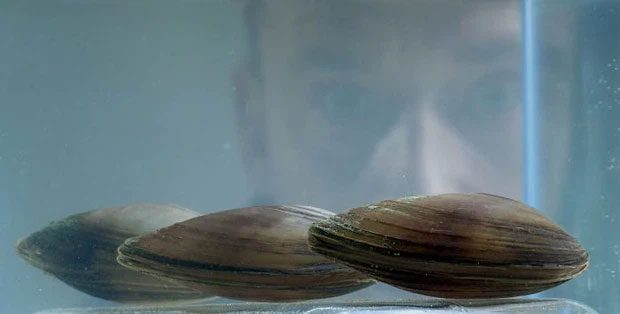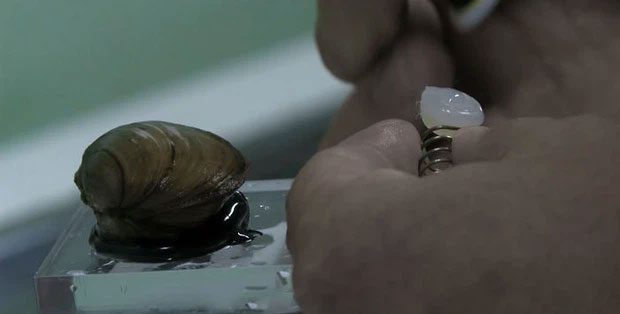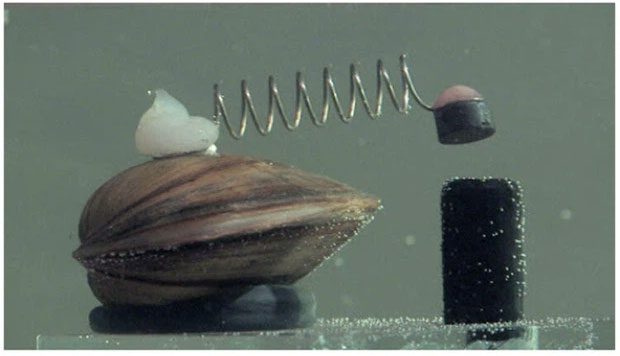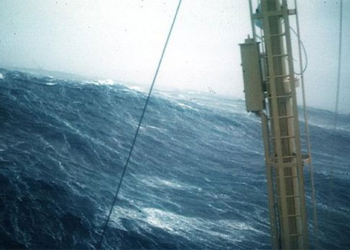The availability of clean water is one of the essential and alarming needs worldwide. This has made it a headache for many authorities regarding clean water management.
However, in Poznań, a city in western Poland, the Dębiec Water Treatment Plant holds one of the most fascinating and quirky secrets about water quality management globally.
As we know, pumping clean water to households in a densely populated city involves many complex processes and machinery. Artificial and biological monitoring systems must ensure that the water pumped through the city’s pipes is safe to drink and free from harmful chemicals.
Yet, a clean water management company called Aquanet believes that this complex system is entirely outdated. They argue that the biological mechanisms of mollusks can measure water cleanliness more accurately than machinery. To prove this, they have utilized eight mussels to monitor the clean water supply for the entire city of over a million residents!
Yes, this is entirely serious. These biological systems consist of eight mussels equipped with temperature sensors attached to their shells. These mussels work with a network of computers empowered to control the city’s water supply. If the water is clean, these mussels will continue their diligent work. However, when the water quality falls too low, they will close their shells, which means the clean water supply for millions of people in the city will also… shut down!

The mussels being tested

Direct installation on a mussel

“The system” is not overly complex
Whenever a mussel closes its shell, it completes an electrical circuit through a spring attached to the shell, which alerts the computer that it’s time to shut off the water supply. The next job for the computer is to monitor the parameters obtained through artificial sensors and generate alerts if anything is amiss. If four mussels close their shells simultaneously, it indicates that the water source is heavily contaminated, and the entire city is about to… run dry.
According to a report from AquaNES, a European Union project aimed at integrating nature-based factors into water management systems, the main water source for the city of Poznań originates from the Warta River. The only issue here is that the Warta River flows through some of the most densely populated areas of the country and several long-established industrial zones (where heavy industry has been present since the late 19th century). This creates a network through which pollution can infiltrate the city’s drinking water supply.
This has challenged scientists to find answers to the extremely difficult question – how can the city of Poznań utilize clean water when the source is already compromised? And the answer lies with the mussels.
Mussels require clean water, sufficient oxygen, and minimal physical or chemical impurities to thrive. This indicates their sensitivity to changes in water quality. When the water is clean and clear, mussels open their shells to feed – they filter the water and consume any organic matter they find. When water quality declines, they close their shells, draw air in (through their mouths), and slow down their metabolism.
The use of mussels to measure the automated water supply system has been tested at the Water Protection Institute at Adam Mickiewicz University and has yielded quite promising results.





















































